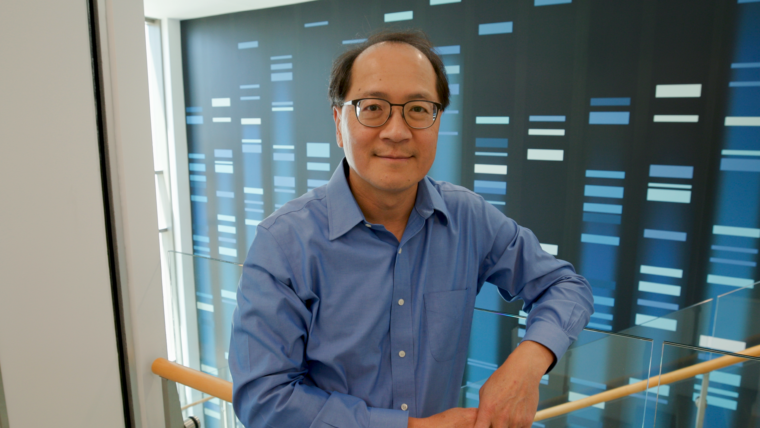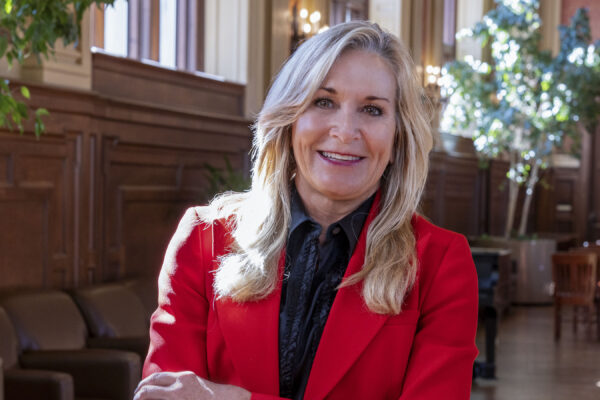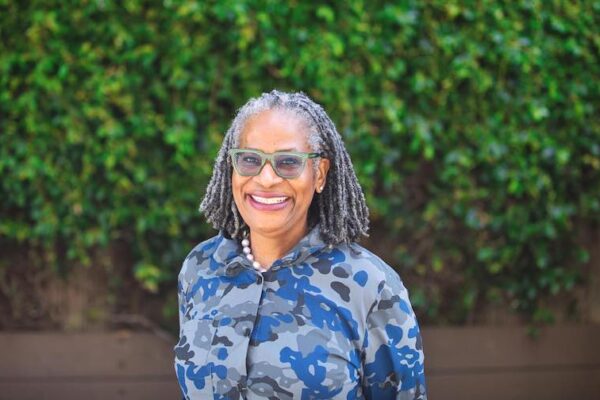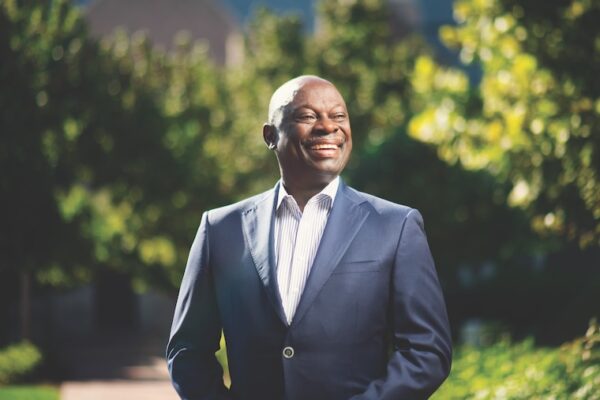When Andrew Chan, MD/PhD ’86, graduated from Northwestern University with bachelor’s and master’s degrees in chemistry in 1980, his animating vocational interests were science and helping people live healthier lives. The Medical Scientist Training Program (MSTP) at Washington University School of Medicine was a perfect next step. Combining rigorous education in clinical medicine and biomedical research, the dual-degree program was one of the strongest in the country. A full-ride scholarship cemented his decision to enroll.
Chan’s experience at the university fundamentally shaped his conception of physician-scientists. Great examples abounded among his teachers and mentors, including rheumatologist and immunologist John Atkinson, the Samuel B. Grant Professor of Clinical Medicine, in whose lab Chan conducted his doctoral research. The distinctive collegiality of these faculty members and their commitment to integrating science and medicine provided a
road map for his success.
Chan’s trailblazing career spans academia and industry. He spent nearly a decade on the faculty at WashU before joining Genentech in 2001. He currently serves as vice president for research at the San Francisco–based biotech company and as an adjunct associate professor at the University of California San Francisco. He has contributed to breakthrough discoveries in auto- immunity and cancer immunotherapy, is a leading implementer of personalized medicine strategies, and co-invented a drug that has profoundly affected the treatment of multiple sclerosis.
Over the years, Chan has found many ways to repay the university for its investment in his education and development. He has advised the medical school as a member of its national council since 2017. And he has honored mentors like Atkinson by providing financial support for professorships, a fellowship and a lecture series. WashU presented him with a Distinguished Alumni Award in 2023 and an honorary Doctor of Medicine Degree during this year’s Commencment ceremony.
Notably, the university also played a role in Chan’s personal life. He met his wife, retired gastroenterologist Mary Finnorn Chan, when both were complet- ing residencies at the medical school and Barnes-Jewish Hospital. Years later, their daughter, Jennifer Chan,
AB ’15, earned an undergraduate degree in biology from Arts & Sciences.
Why did you choose WashU for your MD/PhD?
I was aware of the phenomenal strength of basic science at the medical school, and the MD/PhD program was excellent, with a long history of training exceptional physician-scientists. Many alumni have gone on to have accomplished careers in academic medicine and in the biotech and pharmaceutical industries. That history continues to draw top students today.
I was very fortunate to choose WashU’s program. I had outstanding clinical and research mentors who taught me to treasure and appreciate both the wonders of science and art of medicine.
Why do you remain engaged with WashU?
The university is a terrific place for medicine and science. I spent a total of 17 years there, including six years earning an MD/PhD and three years completing my residency. Then I came back as faculty for eight years. I still have a number of good friends who serve on the faculty. WashU is home for my wife and me.
The way I look at it, the university decided to commit to me and invest in me a long time ago. Now, I believe it’s important for me to invest in WashU to ensure that the pathway to becoming a physician-scientist remains strong for future students. This is important for the future of human health. I receive great joy from supporting the university, its students and its faculty.
What sets WashU apart as a biomedical research institution?
At drug companies like Genentech, we’re extremely focused. We say, “This is what we want to do,” and we garner all the resources we need to accomplish a singular critical objective. At many academic medical centers, and at WashU in particular, the goal is broader. These institutions foster innovation and discovery in a multifaceted way — through infrastructure, training programs, centers of excellence and more. It’s a multimodal way to support the entire scientific endeavor.
Consider the medical school’s new neuroscience research building. WashU decided to invest in this critical area because of the prevalence of neurodegenerative diseases in the aging population, but also because the brain is something we do not fully understand. By committing to a particular discipline in this very open-ended way, the next set of major discoveries will be made.



